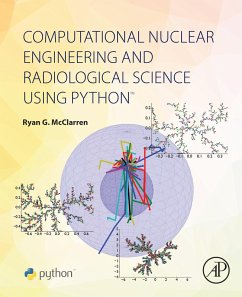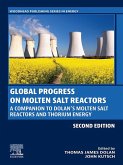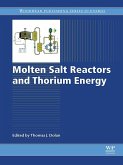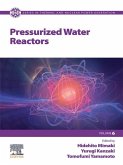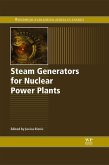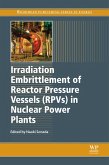Along with examples of code and end-of-chapter problems, the book is an asset to novice programmers in nuclear engineering and radiological sciences, teaching them how to analyze complex systems using modern computational techniques.
For decades, the paradigm in engineering education, in particular, nuclear engineering, has been to teach Fortran along with numerical methods for solving engineering problems. This has been slowly changing as new codes have been written utilizing modern languages, such as Python, thus resulting in a greater need for the development of more modern computational skills and techniques in nuclear engineering.
- Offers numerical methods as a tool to solve specific problems in nuclear engineering
- Provides examples on how to simulate different problems and produce graphs using Python
- Supplies accompanying codes and data on a companion website, along with solutions to end-of-chapter problems
Dieser Download kann aus rechtlichen Gründen nur mit Rechnungsadresse in A, B, BG, CY, CZ, D, DK, EW, E, FIN, F, GR, HR, H, IRL, I, LT, L, LR, M, NL, PL, P, R, S, SLO, SK ausgeliefert werden.

